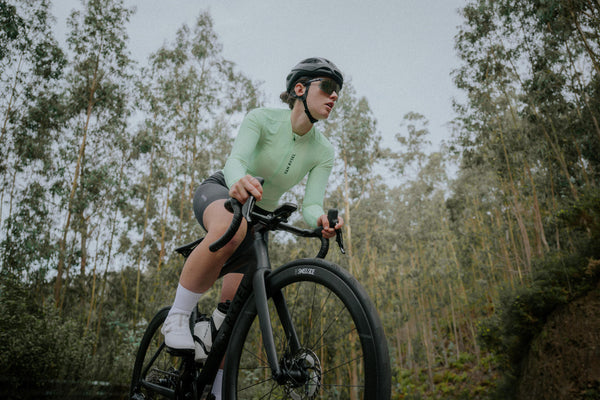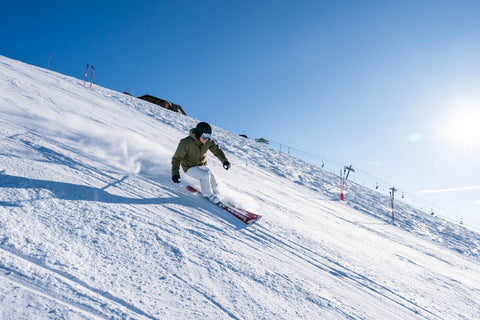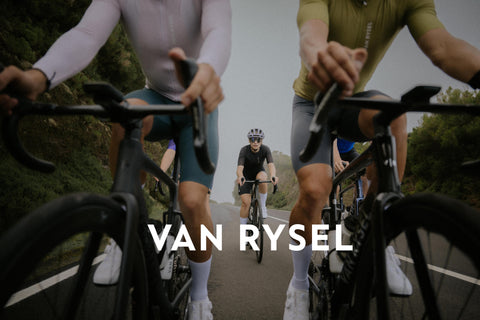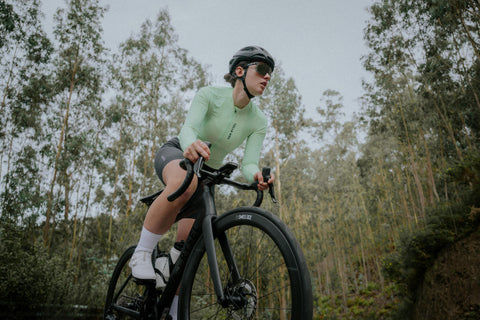
Preventing Gut Issues in Sports
Share
But, on-the-go fueling is a requirement of extra long-distance competition, here are some common problems and how to avoid them.
Race day is here and you are eager to show your hard work and preparation against your competitors. So, lets run through why stomach issues can arise, and the steps to avoid them from holding you back:
What Is a Gastric Problem?
A gastric problem is any issue that occurs within your gastrointestinal system. That’s from when you eat something, to when you later dispose of it. As always, prevention is key.
Preventing Gut Issues
Pre-Race
- Long before the race you should be sticking to a nutrient dense and whole food diet, this will improve your microbiome (gut bacteria) and avoid stomach issues leading up to, and during the race.
- Keep your meals balanced in the days before, 50-55% carbohydrates, 30% protein and 20% fats.
- Of course, avoid any foods you know to give you gas or a bad stomach.
- If you eat too big a meal or too much of a given nutrient in the days before the race, you could lead to an overloaded gut and cause problems on the day.
- Make sure you are optimally hydrated, you should drink 2-3 litres of water a day as well as another half to a litre during each hour of exercise.
- Avoid anti-inflammatory medicine before a race, these can increase your risk of inflammation by as much as 5 times.
Race Day
Consume your recommended 20-40g of carbs around an hour before your swim, you shouldn’t see any problems during that leg of the race.
Don’t down drinks and scarf whole bars during transitions. You want to slowly intake your nutritional boosters along the race. While gels can be slurped, sip drinks alongside them and break up bars into pieces.
Make sure you are keeping good posture during your cycle and run to further prevent discomfort.
Practice What You Eat
- You are going to be more likely to experience discomfort if you are not used to refueling on the go.
- You don’t need to go through a box of gels every time you practice, but it can be useful to get some practice of drinking or eating your planned carbohydrate products mid-exercise during a certain day in your training week.
- When consuming products on practice runs, experiment different race sections and intensities so you don’t leave yourself caught out.
On Race Day
- Avoid drinking water that is too chilled. This can shock your system into speeding up your digestion process – we don’t want an accident on the track.
- Choose sports drinks with natural ingredients and more digestible sugars. Your stomach is more likely to have problems when filled with artificial sweeteners and chemicals.
- Leave thicker drinks - like chocolate milk - for post-race recovery.
The bottom line is, make sure you’ve tried and tested a race day fuel plan that works for you. Play around with different sections of the race and different levels of intensity that will occur during the race. Make sure you keep a routine diet in the weeks leading up to your race. You don’t want to throw your system off. Lastly, look forward to rewarding yourself after your race - you’ve earned it!















